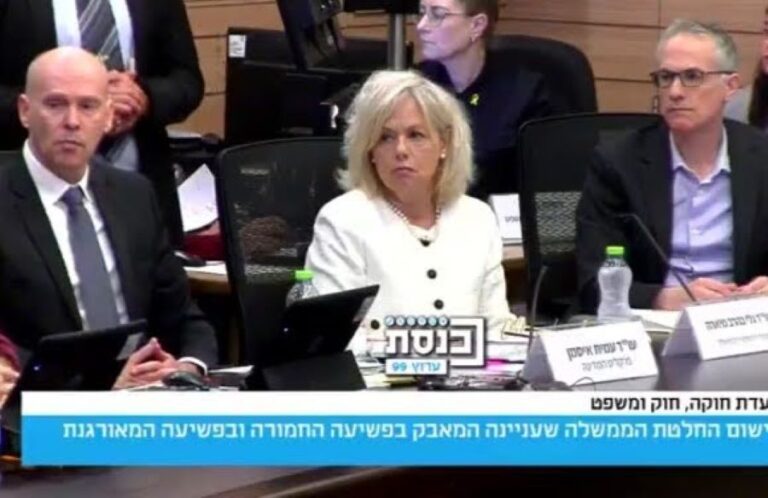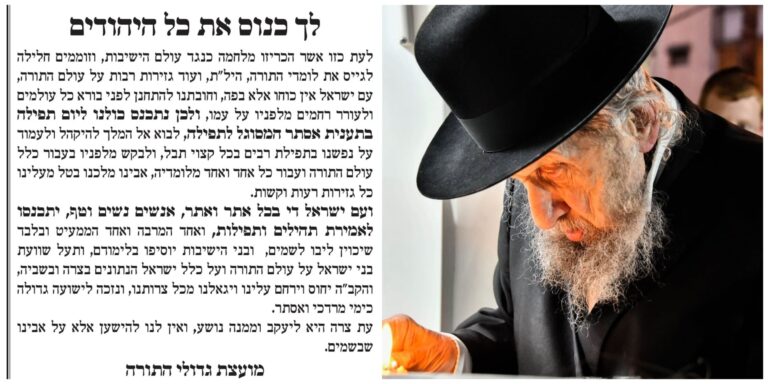
“Wal-Mart has continually rejected stronger, more independent oversight — from its board room all the way down to its supply chain — to the detriment of shareowners,” Comptroller Liu said. “Concerns over Wal-Mart’s global compliance practices are rising, but the board today is even less independent than it was a year ago, when shareowners called for reform. Our Funds will continue to hold the responsible directors to account.”
In 2012, following reports that Wal-Mart executives attempted to cover up alleged bribery in Mexico, the Funds opposed the election of five directors. That year, outside shareowners cast a resounding 31 percent to 38 percent of their votes against four of the directors, all of whom have been renominated for election in 2013.
Since last year’s no confidence vote Wal-Mart’s board has become less independent, even as it has reportedly expanded its investigation into possible bribery to India. Meanwhile, Wal-Mart has fired garment suppliers after it emerged that they had violated Wal-Mart policy by subcontracting work to factories in Bangladesh at which a fire and a collapse have killed more than 1,200 workers.
As they did last year, the Funds will once again vote against CEO Michael T. Duke, former CEO H. Lee Scott Jr., Chairman S. Robson Walton, and Audit Committee Chair Christopher J. Williams. Last year’s press release announcing the Funds’ opposition to these five directors is here: www.comptroller.nyc.gov/press/2012_releases/pr12-04-044.shtm.
The Funds will also vote their 5,148,594 Wal-Mart shares against audit committee members Aida M. Alvarez and James I. Cash Jr. for failing to ensure adequate internal compliance controls since 2006 and nominating committee members Douglas N. Daft, Steven S. Reinemund, and Linda S. Wolf for failing to ensure adequate board independence.
Finally, the Funds will vote for all four shareowner proposals on the ballot, including proposals to require the board to name an independent chairman and to disclose whether it has clawed back pay from executives whose actions have caused significant financial harm to the company.
Background
Since 2005, the NYC Comptroller’ Office and Pension Funds have raised concerns with the Wal-Mart board’s oversight of compliance, including with respect to various labor practices. Correspondence here: www.comptroller.nyc.gov/press/2012_releases/pr12-04-044.shtm. In 2006, the funds filed a shareowner proposal calling on the company to implement the International Labor Organization and U.N. Human Rights norms in its international operations, including suppliers, and allow for independent monitoring of compliance.
In 2010, the funds filed a shareowner proposal to require the company to increase the transparency and accountability of its global supply chain; Kalpona Akter, a worker rights advocate and former child garment worker in Bangladesh, presented the proposal at Wal-Mart’s 2011 annual meeting in Fayetteville, Ark. In September 2012, the Pension Funds were appointed by the Delaware Chancery Court as one of three co-lead plaintiffs in a derivative action against Wal-Mart’s directors and officers relating to the Mexico bribery allegations.










